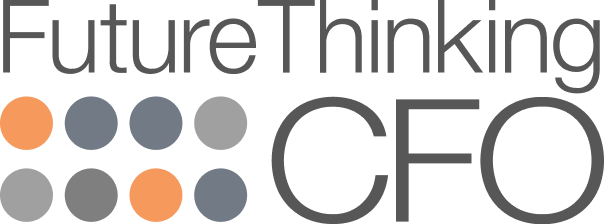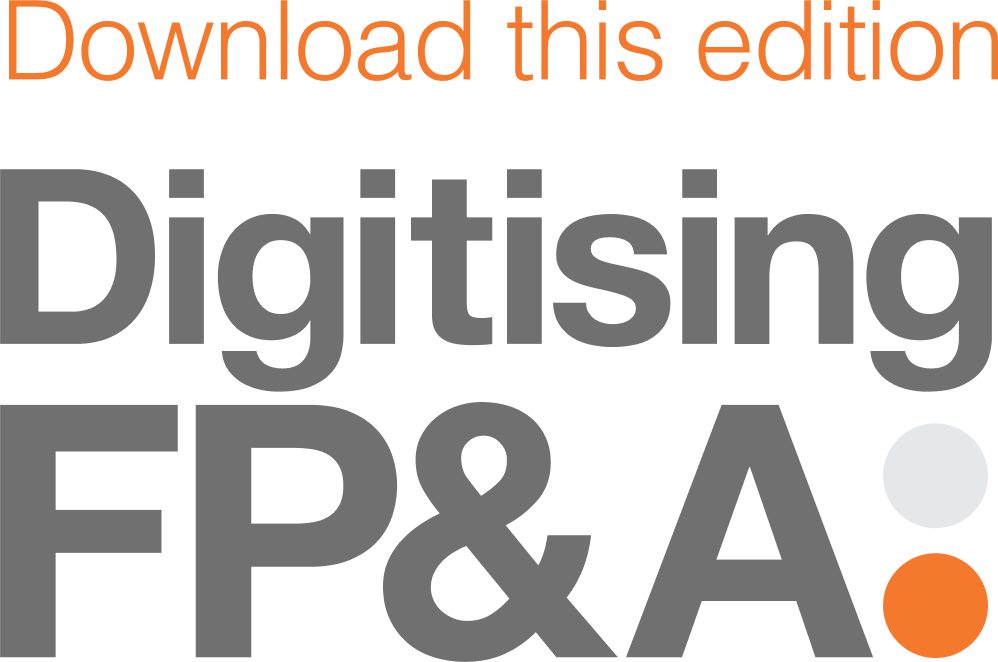DELIVERING NEW HORIZONS
Copyright Agency

The Copyright Agency is an Australian not-for-profit organisation that has been standing up for creators for more than 40 years. We enable the reuse of copyright-protected words and images in return for fair payment to creators.

The Copyright Agency is an Australian not-for-profit organisation that collects licensing fees for the use of copyright-protected words, images and plans, and distributes these fees as fair copyright royalties to its creator. In doing so, it helps support the ongoing creation of Australian content.
The Agency represents almost 40,000 members across the publishing, media, visual arts, education and surveying sectors. This includes large media organisations, such as Fairfax and Newscorp; and established educational publishers such as Pearson Australia and Oxford University Press, as well as individual creators like educational authors, journalists, visual artists and surveyors.
The Copyright Agency current pays members over $100 million a year in copyright royalties for the use of more than 1.2 billion pages of content. Membership is free.
As the Copyright Agency’s member base increased, so did the complexity of their planning, budgeting and forecasting spreadsheet system.
The Senior Financial Analyst at the Copyright Agency, Rohan Clementson, said that their old spreadsheet system was fine – when they only had one user.
As our membership grew rapidly, we found that excel models were not sophisticated enough and lacked the stability to support our growing finance team.
In 2016, the Copyright Agency was undergoing a business transformation project to future-proof their processes and set up their company for the next round of challenges. As part of that transformation, Clementson began looking for a more efficient and robust way to forecast.

With a small finance team of six people, Clementson saw the potential to maximize his team’s efficiency by searching for a system that was user-friendly enough for every team in his company.
We wanted to get the revenue managers and cost centre managers involved, [such as] the legal or marketing department – who aren’t necessarily numbers or IT people – and get them to enter the figures for their budgets…we wanted something where we could say, ‘here’s your template, fill it in’ and then that goes through; with Excel, people change columns and rows, and then your formulas don’t work, and it’s not pulling through the right information – so you can’t really do that.
After a lengthy search for a software that could do that, Clementson and his team chose Adaptive Insights based on three key reasons: the reporting looked great, Adaptive was more user-friendly than its competitors, and Adaptive had more users in Australia than its competitors.
Clementson explained why the number of users was such a positive point for their future-proofing strategy:
“Looking ahead… we thought if someone were to leave, the chances of finding a replacement that can use Adaptive was better.
When it came time to choose an implementation partner one name stood out above the rest. GKH was recommended as the best implementation partner by KPMG.”
GKH’s Build team were always on-hand to answer any questions around company-specific models in Adaptive Insights. Or, as Clementson said: “GKH’s team was very hands on… they understand the system very well.”

At the time of writing this article, the Copyright Agency has only just begun to incorporate the wider business into their reporting; so there are still boundless opportunities for increased efficiency. However, Clementson said that they’re already seeing big improvements in their reporting processes.
Our opening commentary page now shows that ‘month-to-date revenue is X’ and ‘we’re above or below budget by Y’ – those numbers are now automated. And whenever you make a change, all of those changes can be pushed through so that you don’t have to constantly go through your work document [to] check which number may have changed.
Come month-end reporting, the extra time Clementson’s team has gained allows them to do what they do best. Or, as he put it: “We’re spending less time checking numbers, and more time analysing the numbers – doing the more value-added work.”
Like to know about how GKH can expand your horizons? Click here to reach out.

